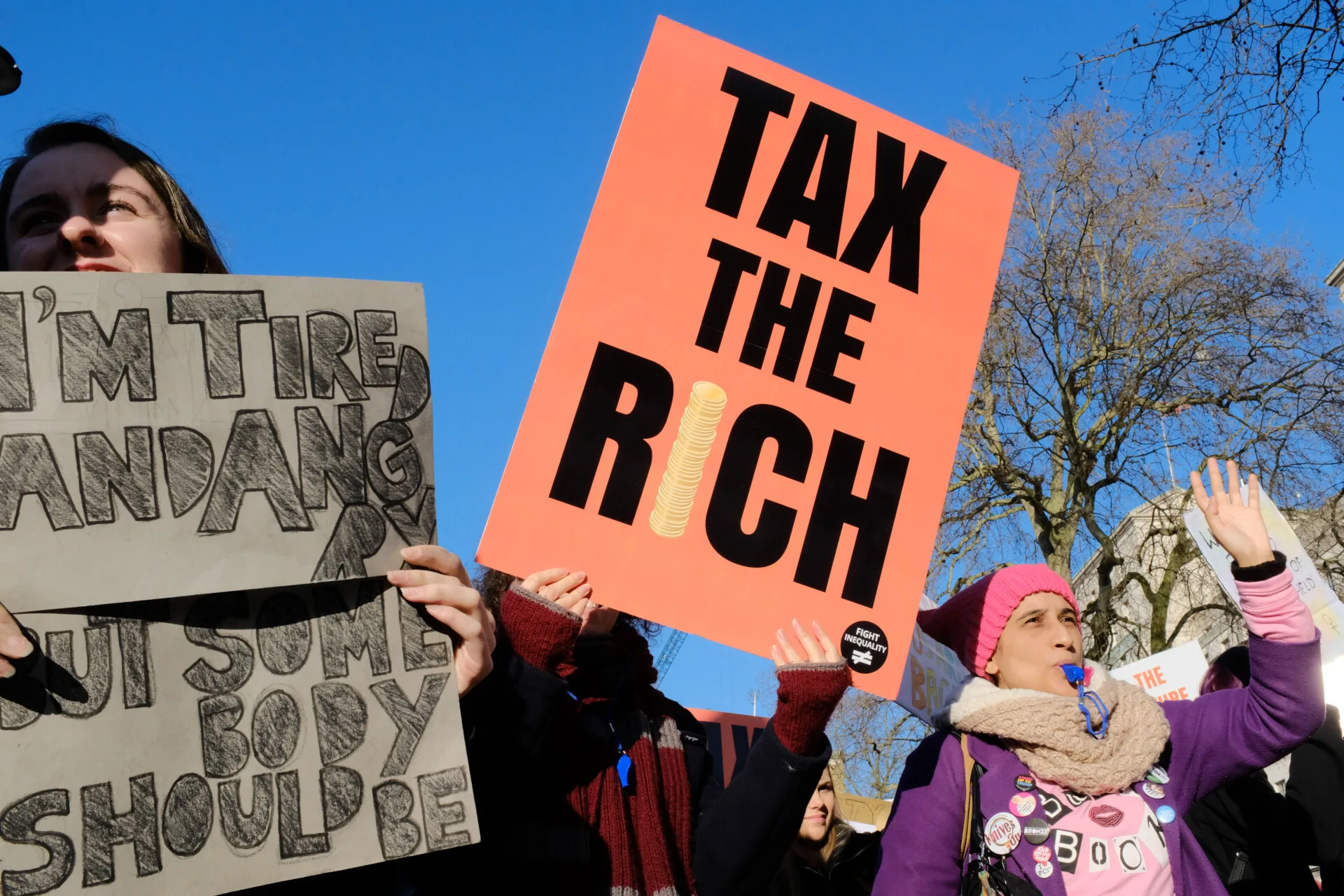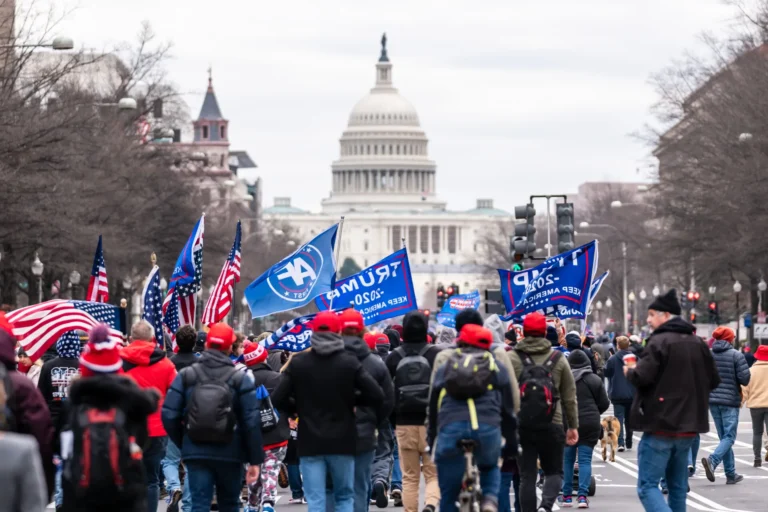Imagine being the owner of a fancy restaurant. One day a small group of people come in to your establishment. They demand much more food than the other customers, and enjoy the prime fruits of what your business has to offer. But when they leave they either don’t pay their bills, or pay only a fraction of what they should pay to cover your basic business costs.
Now imagine they do this every day, day after day …
Would that activity be your path to riches, or would it eventually send you rocketing to the poor house?
A recent Oxfam report has pointed out that the wealthy few among us are rewarded more than everyone else by our socio-political structures, but routinely refuse to pay their share to keep those systems solvent.
The inevitable result is that our countries — and the majority of our people — are sent rocketing to the poor house.
Below, the Spark offers quotes from this searing Oxfam study:
“Elon Musk, one of the world’s richest men, paid a ‘true tax rate’ of just over 3% from 2014 to 2018.
Aber Christine, a market trader in Northern Uganda who sells rice, flour and soya, makes $80 a month in profit. She pays a tax rate of 40%.”
“Taxes on the richest used to be much higher. In the United States, the top marginal rate of federal income tax was 91% from 1951 to 1963, top inheritance tax rates stood at 77% until 1975, and the corporate tax rate averaged just above 50% during the 1950s and 1960s. There were similar levels of tax in other rich nations.
“These high levels of tax were supported across the political spectrum and existed side by side with some of the most successful decades of economic development we have seen.”
“[But now] we are living through an unprecedented moment of multiple crises.
“Tens of millions more people are facing hunger. Hundreds of millions more face impossible rises in the cost of basic goods or heating their homes.
“Climate breakdown is crippling economies and seeing droughts, cyclones and floods force people from their homes. Millions are still reeling from the continuing impact of COVID-19, which has already killed over 20 million people. Poverty has increased for the first time in 25 years.
“At the same time, these multiple crises all have winners. The very richest have become dramatically richer and corporate profits have hit record highs, driving an explosion of inequality.
- Since 2020, the richest 1% have captured almost two-thirds of all new wealth — nearly twice as much money as the bottom 99% of the world’s population.
- Billionaire fortunes are increasing by $2.7bn a day, even as inflation out-paces the wages of at least 1.7 billion workers, more than the population of India.
- Food and energy companies more than doubled their profits in 2022, paying out $257bn to wealthy shareholders, while over 800 million people went to bed hungry.
- Only 4 cents in every dollar of tax revenue comes from wealth taxes, and half the world’s billionaires live in countries with no inheritance tax on money they give to their children.
- A tax of up to 5% on the world’s multi-millionaires and billionaires could raise $1.7 trillion a year, enough to lift 2 billion people out of poverty, and fund a global plan to end hunger. […]
“This report focuses on how taxing the rich is vital to addressing this
unprecedented ‘polycrisis’ and sky-rocketing inequality. It shows how
taxing the rich can set us clearly on the path to a more equal,
sustainable world free of poverty.
“The report explores how, in recent history, taxation of the richest was far higher, [as well as] how talk of taxing the rich and making billionaires pay their fair share is hugely popular, how taxing the rich claws back elite power and reduces not just economic inequality, but racial, gender and colonial inequalities, too.
“The report lays out how much tax the richest should pay, and the practical, tried and tested ways in which governments can raise such taxation.
An age of crisis, causing huge suffering for most of humanity
“As billionaires, government leaders and corporate executives jet in to meet atop their mountain in Davos, Switzerland, the world faces a dramatic, dangerous and destructive set of simultaneous crises. These are having a terrible impact on the majority of people, something Oxfam sees in its work across the world.
“In 2022, the World Bank announced that we will fail to meet the goal of ending extreme poverty by 2030, and that ‘global progress in reducing extreme poverty has come to a halt,’ amid what it said was likely to be the largest increase in global inequality and the largest setback in addressing global poverty since World War II.
“The IMF is forecasting that a third of the global economy will be in recession in 2023. For the first time, the UNDP has found that human development is falling in nine out of 10 countries.
“Oxfam analysis shows that at least 1.7 billion workers worldwide will have seen inflation outpace their wages in 2022, a real-terms cut in their ability to buy food or keep the lights on.
“Whole nations are facing bankruptcy, with debt payments ballooning out of control. The poorest countries are spending four times more repaying debts — often to predatory, rich, private lenders — than on healthcare. Many are also planning brutal [investment] cuts. Oxfam has calculated that over the next five years, three-quarters of governments are planning to cut [essential investments], with the cuts totaling $7.8 trillion dollars.
An age of crisis, creating huge fortunes for a tiny few
“Meanwhile, the scale of wealth being accumulated by those at the top, already at record levels, has accelerated. The global polycrisis has brought huge new wealth to a tiny elite. Over the last 10 years, the richest 1% of humanity has captured more than half of all new global wealth.
“Since 2020, according to Oxfam analysis of Credit Suisse Data, this wealth grab by the super-rich has accelerated, and the richest 1% have captured almost two-thirds of all new wealth. This is six times more than the bottom 90% of humanity.
“Since 2020, for every dollar of new global wealth gained by someone in the bottom 90%, one of the world’s billionaires has gained $1.7m.”






